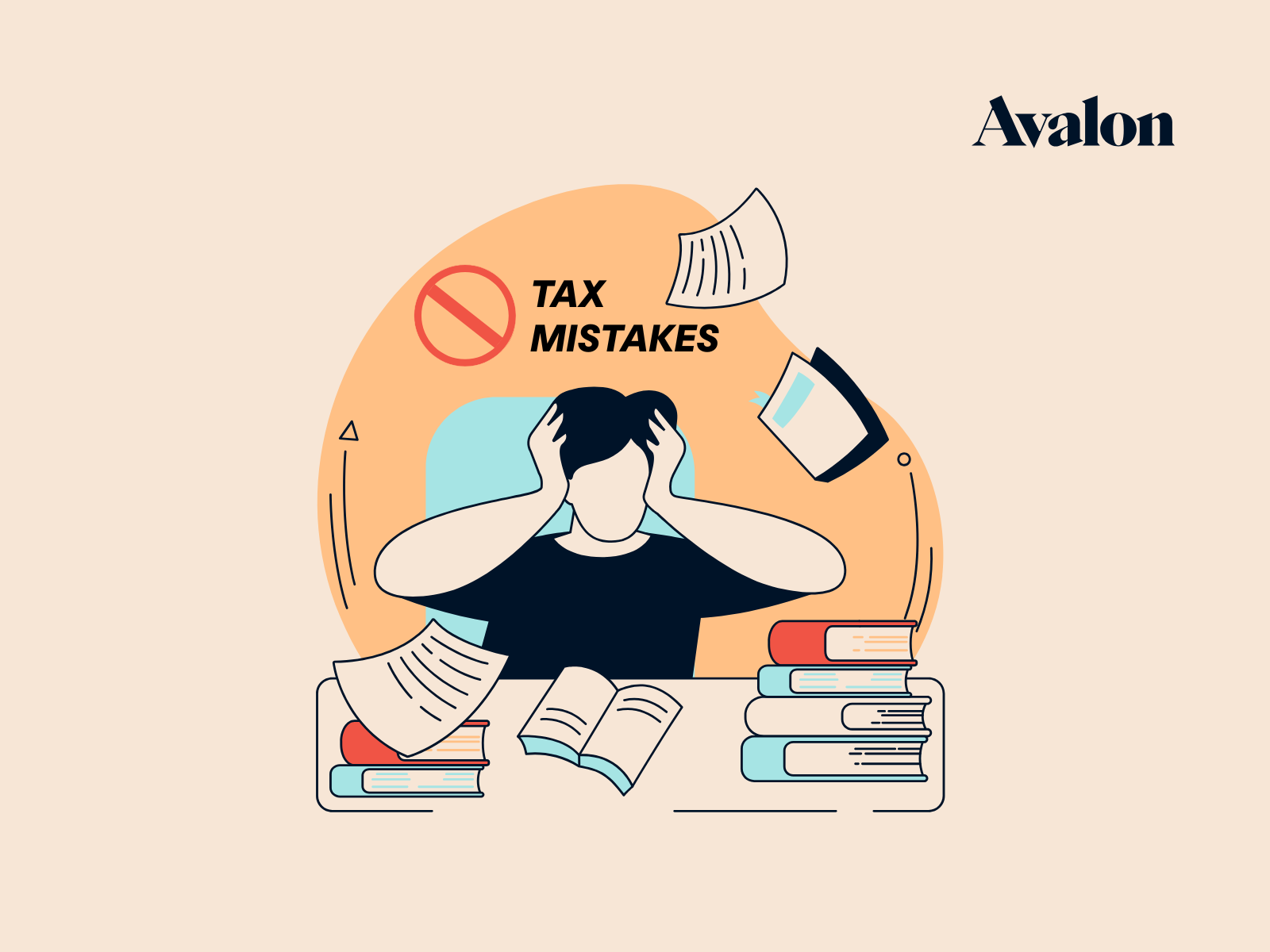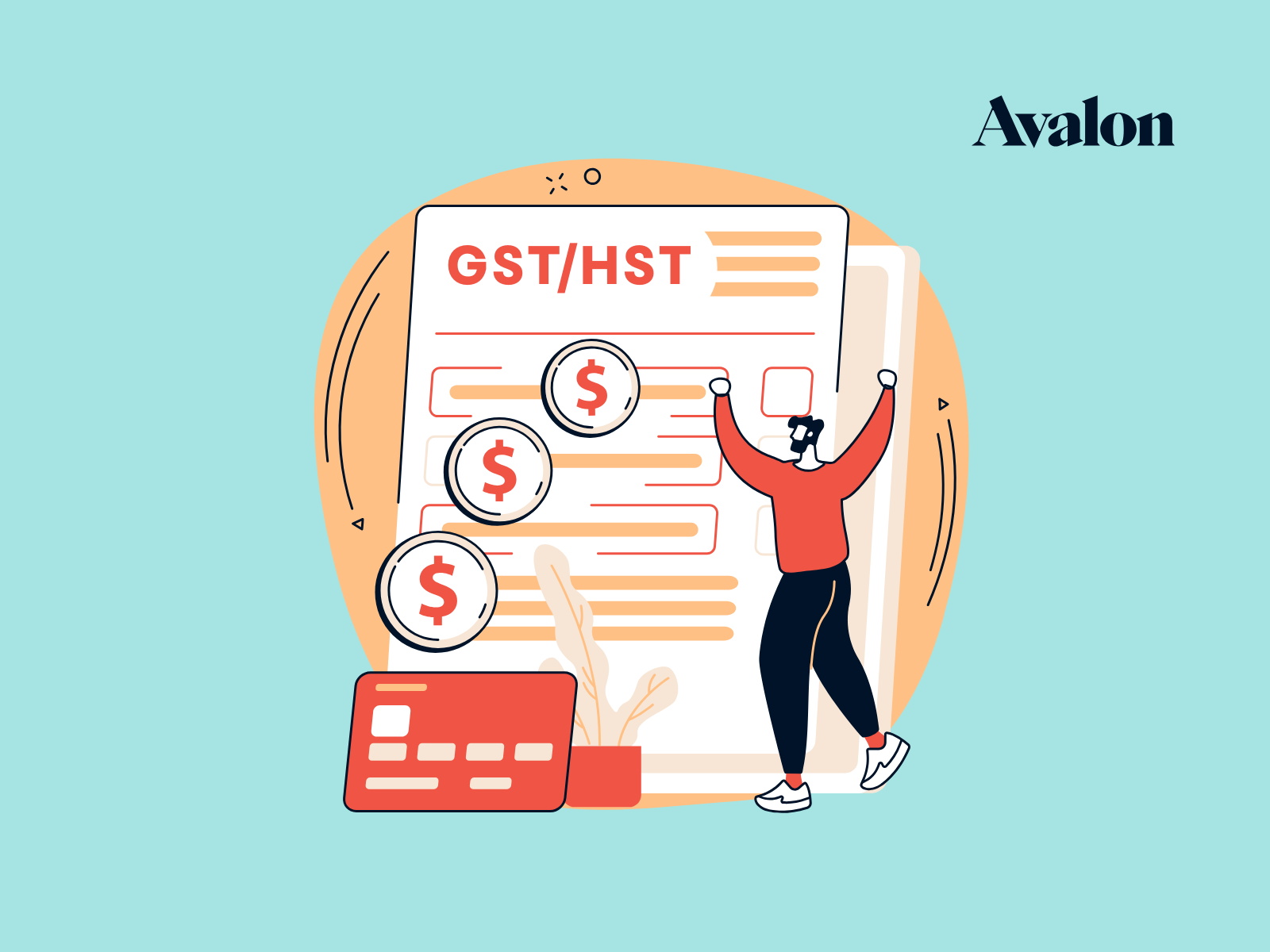I feel like I’m part of a cool club when I get to charge my restaurant or pub bill to the company card. Big tip? Sure, why not - it’s a write-off anyway, right? Well, those probably are eligible business expenses, but there are a few quirks when claiming meals and entertainment expenses. Tell us more you say? Ok, strap in because it’s about to get wild! ... or at least educational.
When Can You Claim Meals and Entertainment Expenses?
The general rule for claiming meals and entertainment expenses is that they are deductible up to 50% of the total cost when incurred for the purpose of earning income.
For example, if you are taking a customer out for a meal or treating a prospective client to theatre tickets, these expenses could be considered as incurred for the purpose of earning income.
If you forgot to bring your lunch to the office and you order some Tacofino so that you don’t get hangry, that wouldn’t be considered as incurred for the purpose of earning income; that is just a delicious substitution for your homemade lunch.
They’re Deductible at 50% (Most of the Time)
The other piece to the general rule for claiming meals and entertainment costs is that they are only deductible at the lesser of:
- 50% of the total cost incurred, or
- 50% of what would be reasonable given the circumstances.
What is reasonable varies depending on the circumstance (and probably depending on who you ask at CRA).
However, there are some cases when the 50% rule does not apply.
Deductible at 100%
- Meals and entertainment costs relating to an event held by your organization that all of your employees are invited to attend (Christmas party for example). You can deduct 100% of expenses for up to six events per year.
- You bill your client or customer for the cost and show break these costs out on your invoice.
- The cost of the meal is included in a travel fee. For example, if you take a ferry and there is a built-in meal with the ticket, the full ticket price is deductible.
- If the meal and entertainment expenses are incurred for a fund-raising event held for the benefit of a registered charity.
- A business that regularly provides food, beverages and entertainment for compensation (e.g. restaurant or hotel) can claim 100% of these costs.
- Self-employed foot and bicycle couriers can deduct 100% of the cost of the extra food and beverages they must consume in a normal working day (more on this).
Deductible at 80%
- Meals and entertainment costs for long-haul truck drivers are deductible at 80% when incurred during an eligible travel period. (More on how this works)
Not Deductible
- Costs incurred for use of recreation facilities and club dues are not deductible.
- The purchase of season tickets for sporting events are not deductible unless satisfactory proof is provided that the tickets are a promotional expense.
- Meals claimed while outside a sales territory or on a vacation are generally not deductible as they are not considered to be incurred for the purpose of earning income.
Travel Meals and Entertainment Expenses
Travel costs are eligible to be deducted when incurred to earn income. This could include transportation, accommodations and meals expenses. It is important to note that the same 50% limit applies to the cost of meals, beverages and entertainment when you travel. The costs don’t become fully deductible just because you’re travelling.
The 50% limit also applies to the cost of food and beverages served and entertainment enjoyed when you travel on an airplane, train, or bus when the ticket price does not include such amounts.

Documenting Expenses
It is important to keep records of all business expenses, but there are also some documentation best practices specific to claiming meals and entertainment expenses.
- Note down the name of the customer(s) or other persons who were in attendance.
- Retain the contact details of the parties that attended the event.
- Document the client or business matter to which the meeting or event related.
Keeping this information will help ensure that the expenses can be related to earning income should CRA ever inquire. We find that a product like Dext works great for this purpose - you can take a photo of your receipt right at the restaurant, add your notes and throw the paper away before you step out the door.












